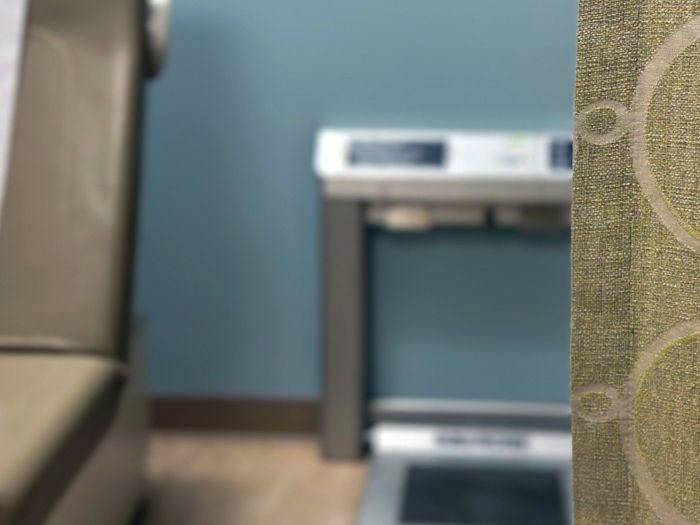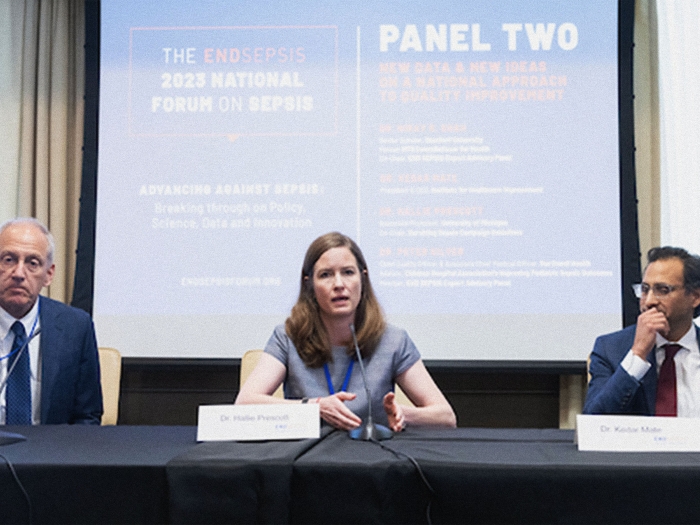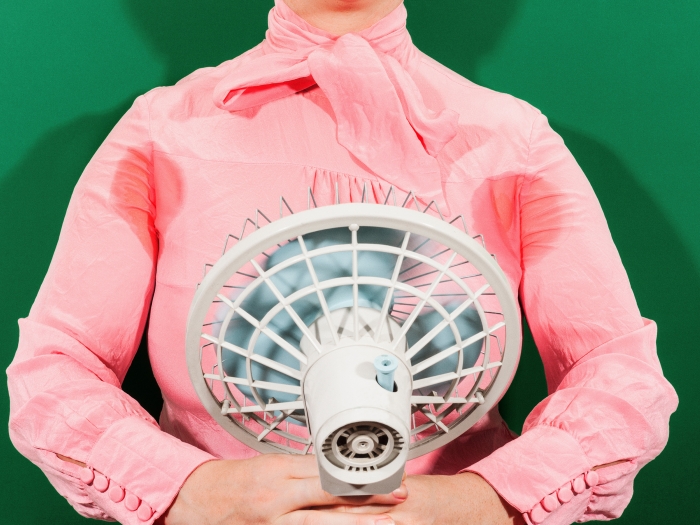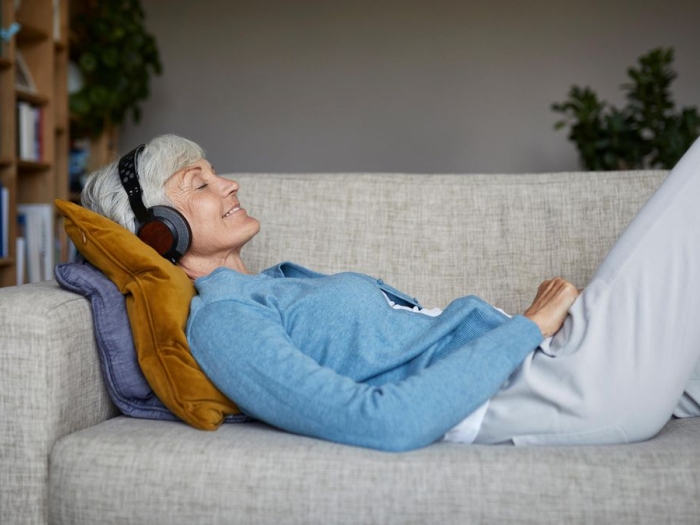Showing 16-30 of 72 results
Research News
A team led by Vanessa Dalton, MD, MPH, and Kara Zivin, PhD, has received a $3 million grant from the National Institute of Mental Health to study the mental health impacts of recent changes in reproductive health policy.

Health Lab
Medicaid eligibility during pandemic led to increased postpartum coverage, study suggests
Department News
The new Epigenomic Metabolic Medicine center (EM2C) will contribute to understanding how genetic variations contribute to common, complex diseases such as diabetes

Health Lab
Today, thanks to researchers, medical and public health experts, pharmaceutical companies, engineers and others, we know more and can do more about the coronavirus called SARS-CoV2, and the disease called COVID-19, than ever before.

Health Lab
How do ageism and positive age-related experiences differ for people who have tried to look younger, or feel they look younger, than they actually are? A new study examines this and the relationship with health

Minding Memory
In this episode, Matt and Donovan talk with Dr. Jason H. Moore, Director of the Center for Artificial Intelligence Research and Education (CAIRE) and Chair of the Department of Computational Biomedicine at Cedars-Sinai Medical Center. Jason discusses the coming impact of artificial intelligence on a spectrum of Alzheimer’s disease and related dementia (ADRD) issues. We discuss how tools such as AI-powered chatbots may improve quality of life for people living with dementia (and their caregivers) and how AI may contribute in the future to diagnosis and treatment.

Health Lab
Obesity care under a health care provider’s supervision, whether through nutrition counseling, medication, meal replacement or bariatric surgery, can help people with high BMI, but many don’t receive it.

Health Lab
Hallie Prescott of the Michigan Medicine Division of Pulmonary & Critical Care Medicine is providing guidance at the state and national level to reduce the burden of sepsis in hospitalized patients.

News Release
Lung disease specialist comes to Michigan from Vanderbilt University School of Medicine to lead largest department

Health Lab
Women who have both migraines and a long-term history of hot flashes and/or night sweats have a slightly higher risk of heart disease and stroke, and young women who have migraines have a higher risk of later persistent menopause symptoms.

Minding Memory
In this episode of Minding Memory, Matt & Donovan speak with Dr. Joanne Spetz, the Brenda and Jeffrey L. Kang Presidential Chair in Healthcare Finance and Director of the Philip R. Lee Institute for Health Policy Studies at the University of California, San Francisco (UCSF). Joanne talks with Matt & Donovan about who makes up the professional workforce of people who provide dementia care and how these individuals play a critical role in the delivery of services. Joanne also discusses how different professional roles interact across setting of care. Lastly, Joanne introduces a new study she is working on with Donovan called the National Dementia Workforce Study (NDWS) that will be surveying a large group of clinicians who provide care for people living with dementia.

Health Lab
Making music by singing or playing an instrument, or listening to music, brings health and wellbeing benefits to many older adults.

Health Lab
Intravenous (IV) ketamine helped relieve the depression symptoms of half of the veterans who received it at VA hospitals.

Health Lab
Elective surgery study shows older adults have concerns about what it will cost them, how much work they’ll miss and whether they’ll catch COVID-19.

Minding Memory
In this episode of Minding Memory, Matt & Donovan speak with Dr. Lisa Barnes, the Alla V. and Solomon Jesmer Professor of Gerontology and Geriatric Medicine, Department of Neurological Sciences and Associate-Director of the Rush Alzheimer’s Disease Center at Rush University. Dr. Barnes talks with Matt & Donovan about racial disparities in Alzheimer’s disease dementia and several obstacles that have impeded our understanding of race and dementia.